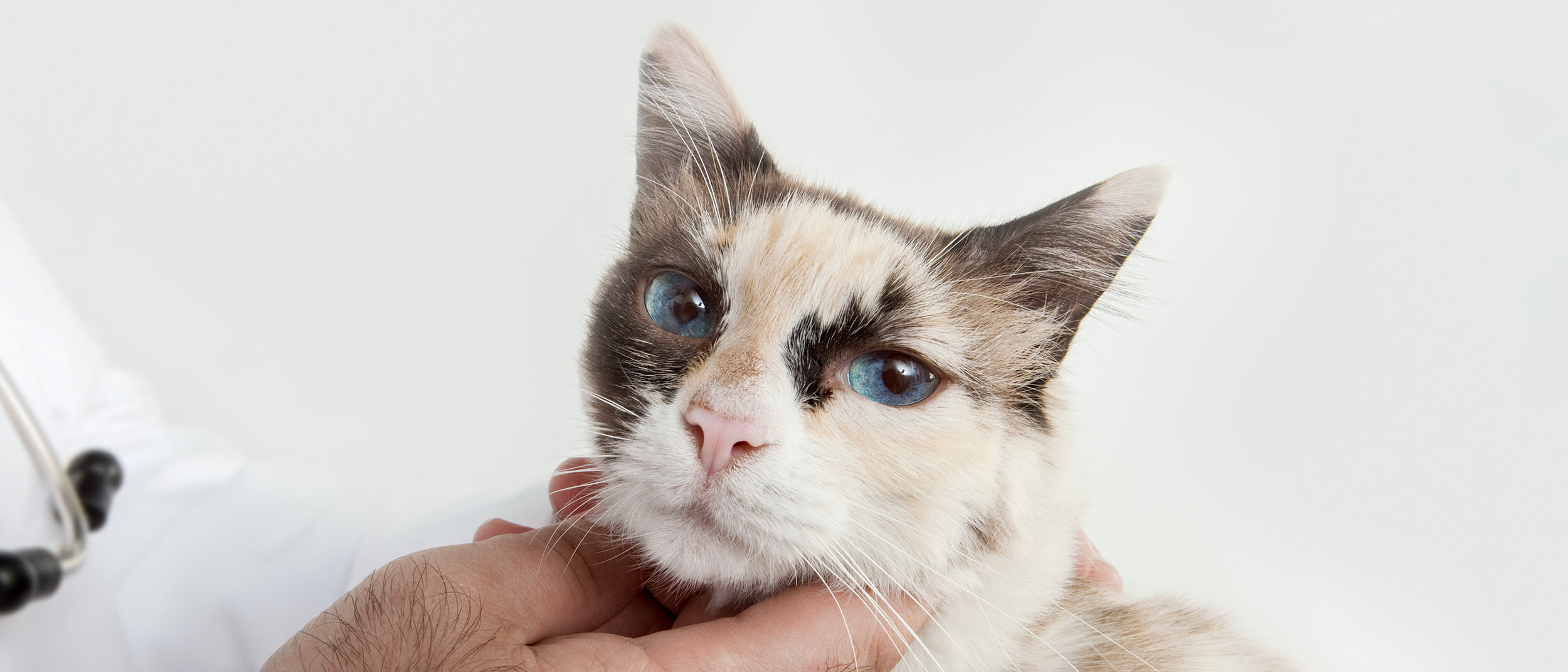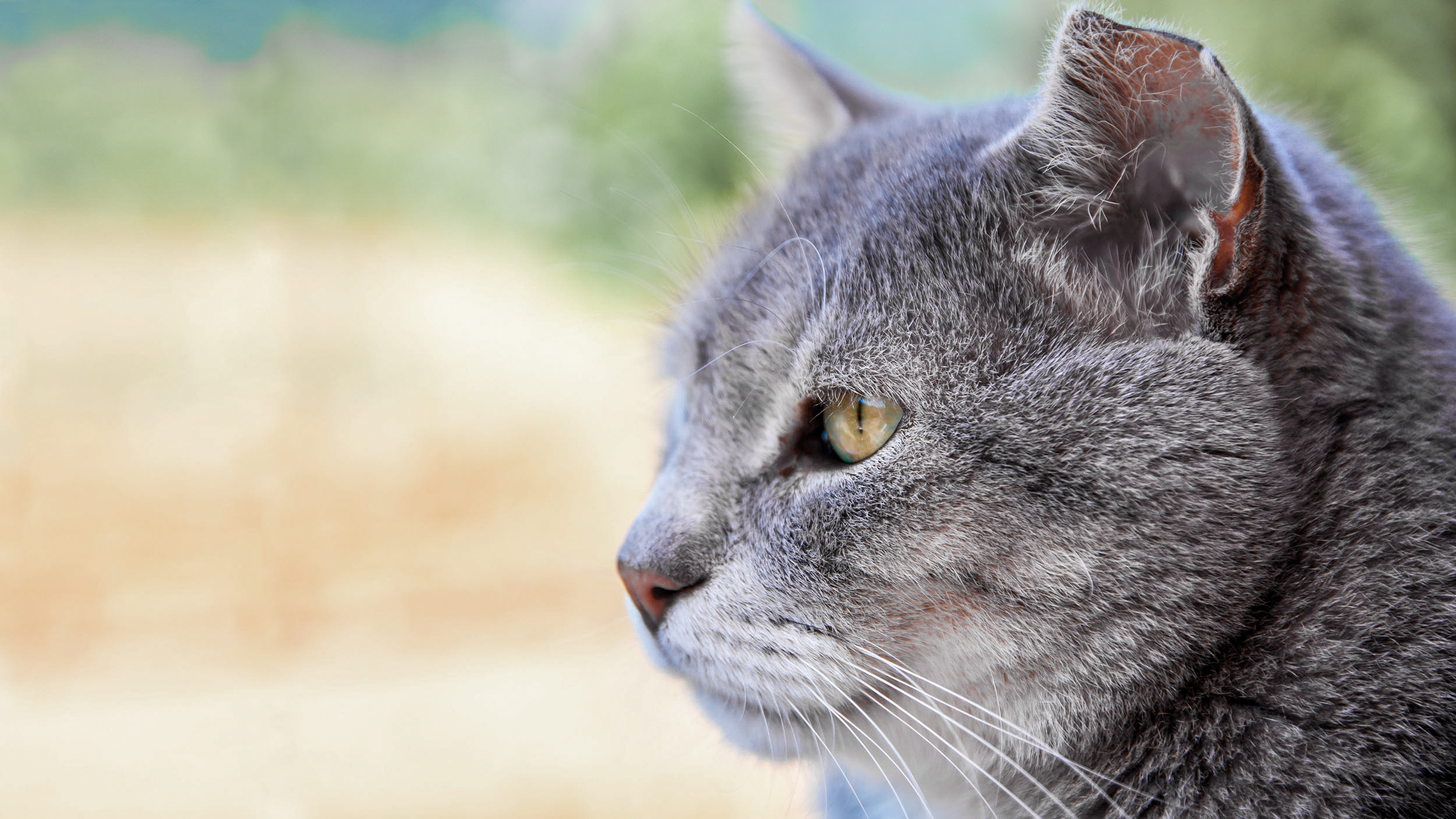Common illnesses in older cats
Article

Senior cats – those over the age of 10 – are unfortunately likely to suffer from several illnesses as they age, and the gradual loss of effectiveness of their bodily functions. However, these common ailments can be alleviated with the right mix of diet, medical support and environmental changes.
Loss of mobility in senior cats
Older cats can often suffer with arthritis and joint pain, as their joints and cartilage have worn down over the years. This leads to a lack of mobility, including unsteadiness, difficulty with jumping, and even difficulty with grooming themselves properly as they are no longer as flexible. Sensitive joints can also mean they’re less willing to get involved in play or come when they are called, as it can be painful to move.
Caring for your cat’s joints can be done through their diet; for example, the inclusion of long chain omega 3 fatty acids in their food helps support joint health. Similarly, nutrients like chondroitin and glucosamine help support the health of their cartilage.
You can also alleviate any discomfort your older cat may have when moving may by providing them with ramps to their favourite high perches, swapping their litter box for one with shallower sides that’s easier to access, and making their bedding more comfortable.
Ageing cats and diabetes
Diabetes mellitus affects around one in every 200 cats, particularly among older cats with a sharp increase in frequency after the age of seven years, and is directly associated with obesity. Therefore, one of the best ways to protect your cat against the onset of this condition is by maintaining a healthy body weight.
Cats with diabetes have cells which fail to respond to insulin properly, with some cases leading to their body not producing enough insulin to function. This means they have to receive insulin through injections, most commonly once or twice a day. A combination of insulin therapy and diet changes – to one which is high in protein but low in carbohydrate – is commonly prescribed.
The symptoms of diabetes in older cats include excessive urination and volumes of urine, increased thirst and increased hunger, as well as obesity as predisposed condition. If you notice your cat displaying any of these symptoms, make sure to visit your vet.

Older cats and weight loss
Weight loss is a very common but non-specific symptom of illness in older cats, so it’s important to make an appointment with your vet if you see your cat losing weight – that way, they can identify the likely cause and prescribe appropriate treatment.
Some systemic diseases which have weight loss as a symptom are chronic kidney disease, diabetes, hyperthyroidism and intestinal inflammatory disease. Your senior cat may also have lost weight due to a drop in their appetite, which can be caused by:
- Dental problems which make eating painful
- Deterioration of smell and taste, reducing their desire to eat
- Digestive disorders which prevent nutrients in their food from being properly absorbed
Your vet will be able to give you information on the best way to take care of your cat, depending on the underlying cause of their weight loss. However, you can also try giving them a softer-textured food which may be easier to eat, or warming their food up so the aroma is enhanced, which can stimulate their appetite.
While these ailments are common in older cats, they don’t have to cause them unnecessary pain or stress. Visit your vet if you believe your cat is suffering, and they’ll be able to advise you.
Related Articles
Find a vet
If you have any concerns about your cat’s health, consult a vet for professional advice.
Like & share this page